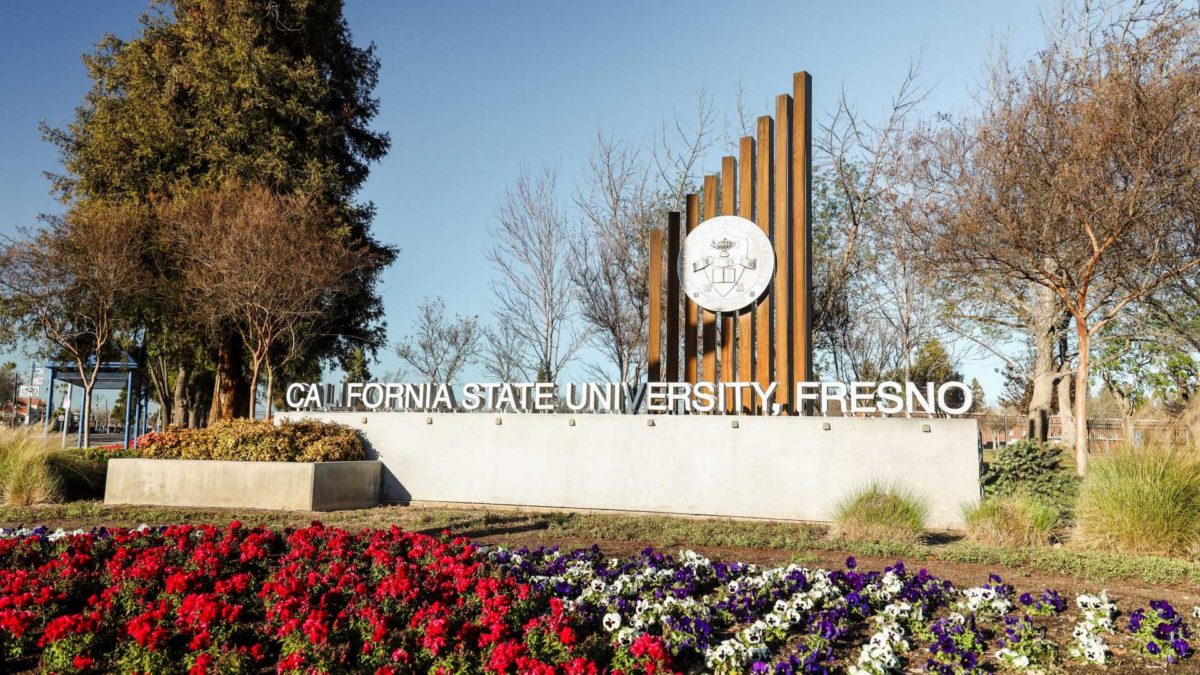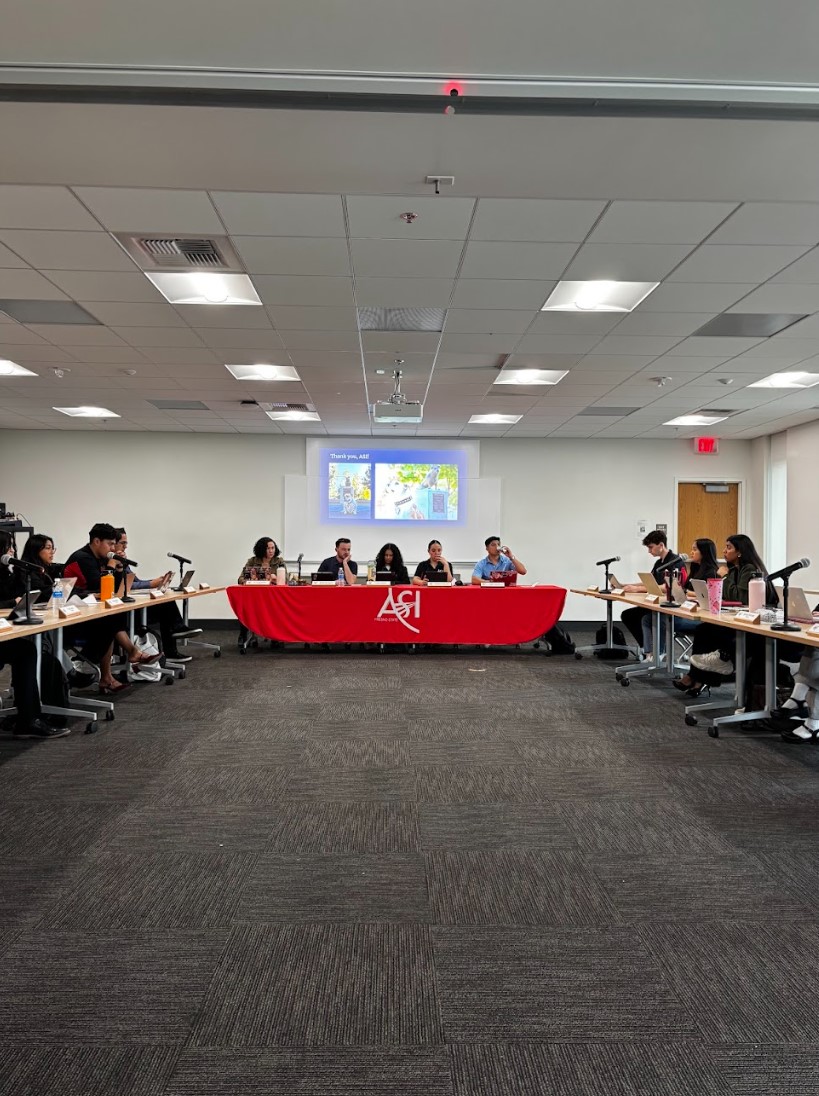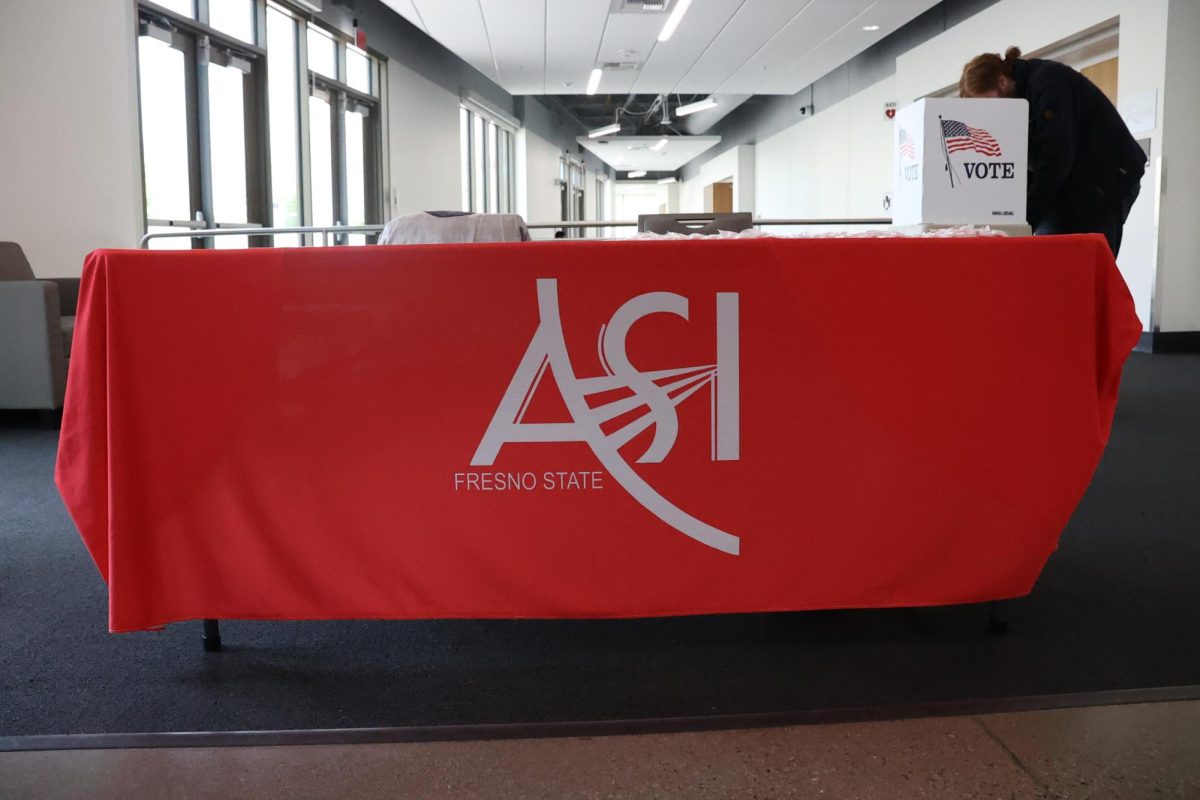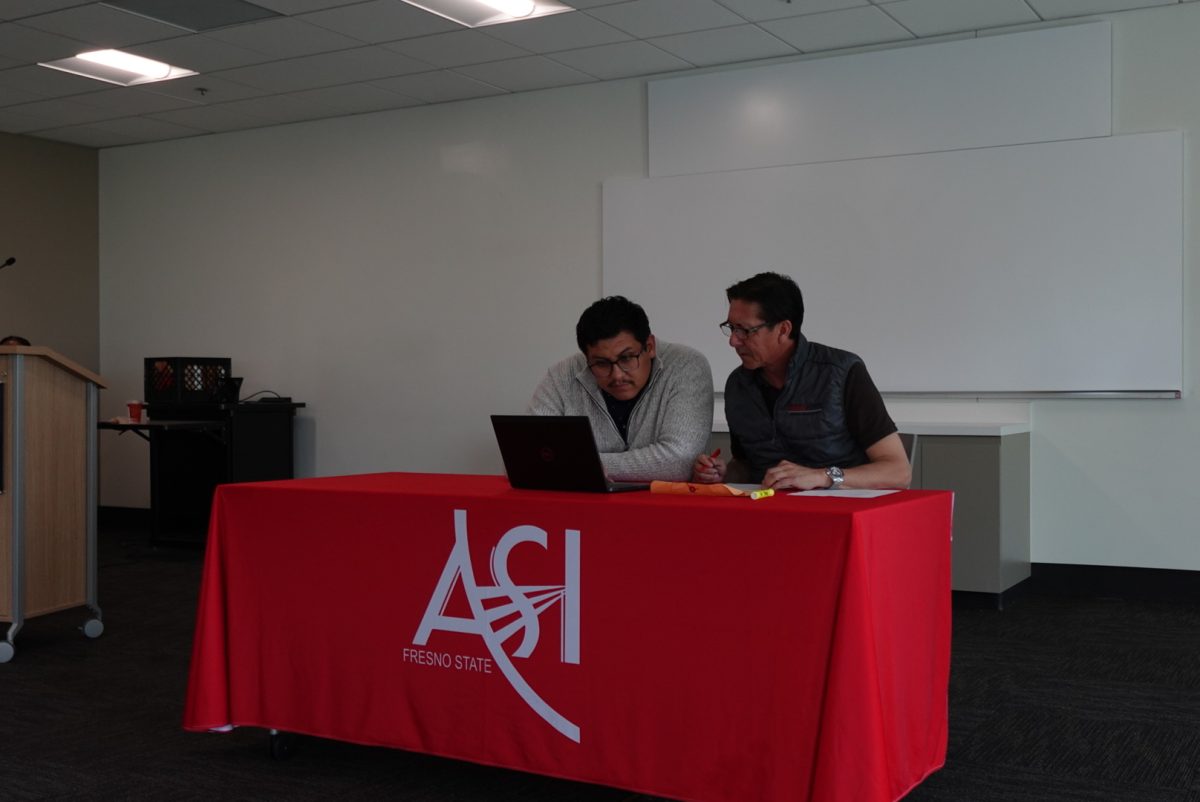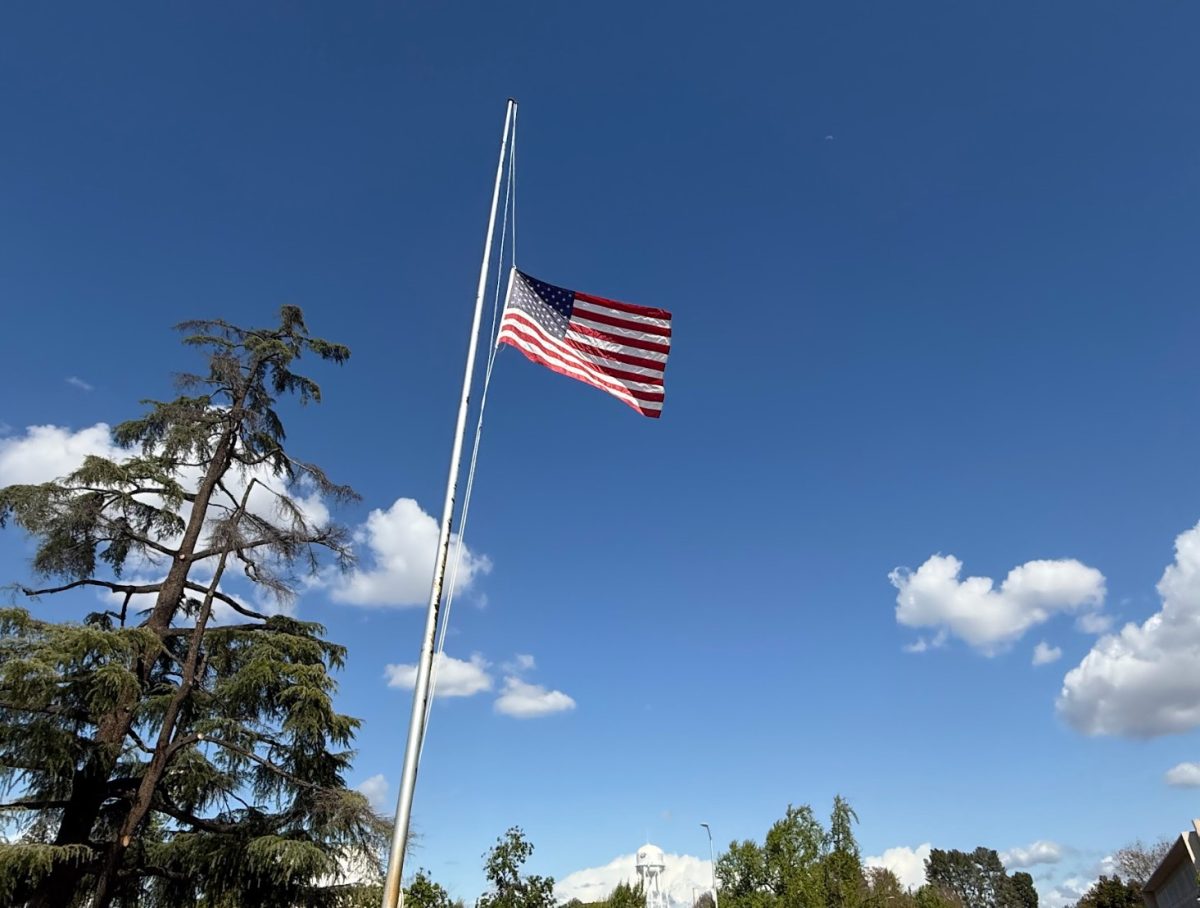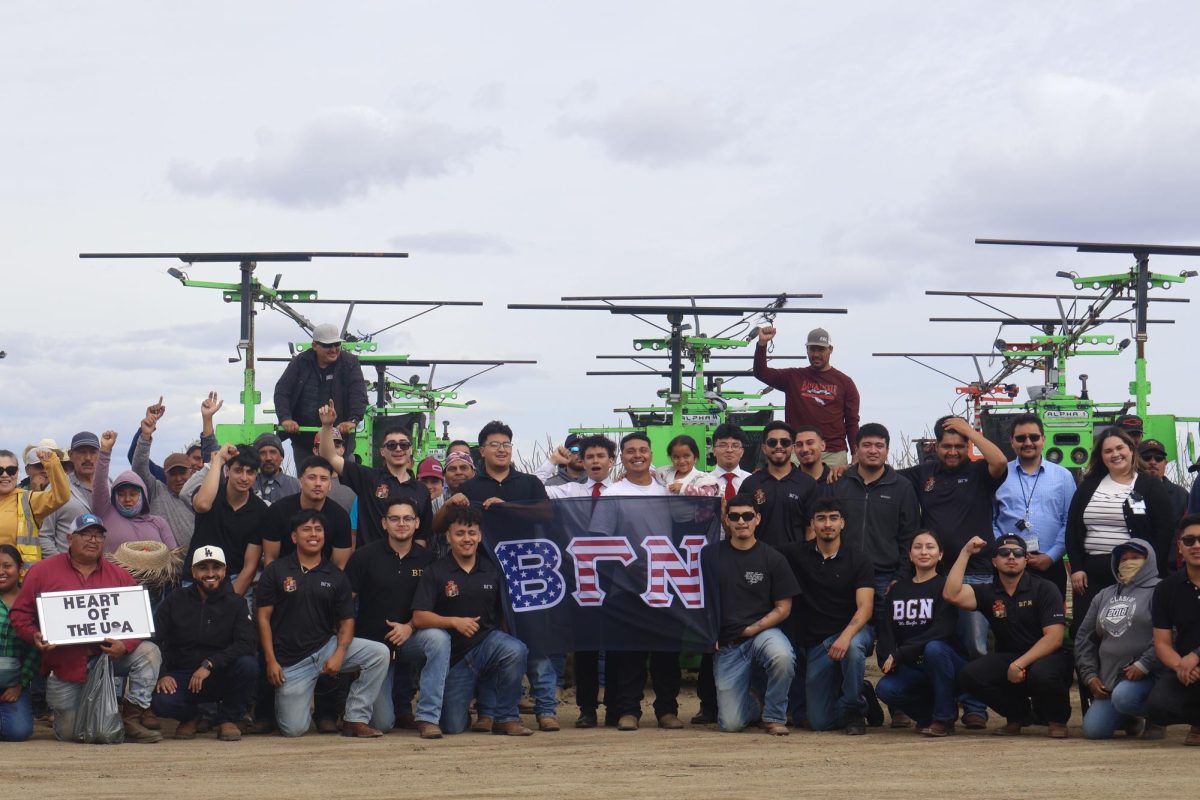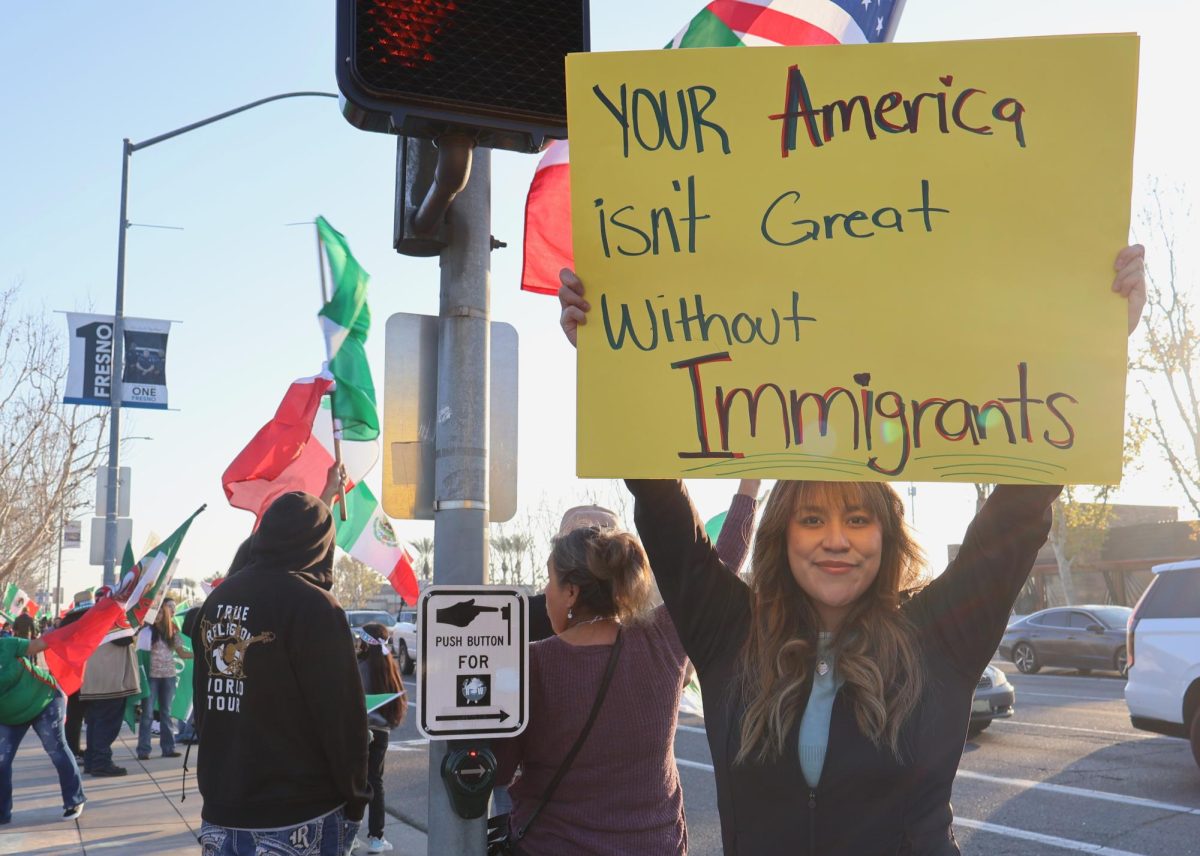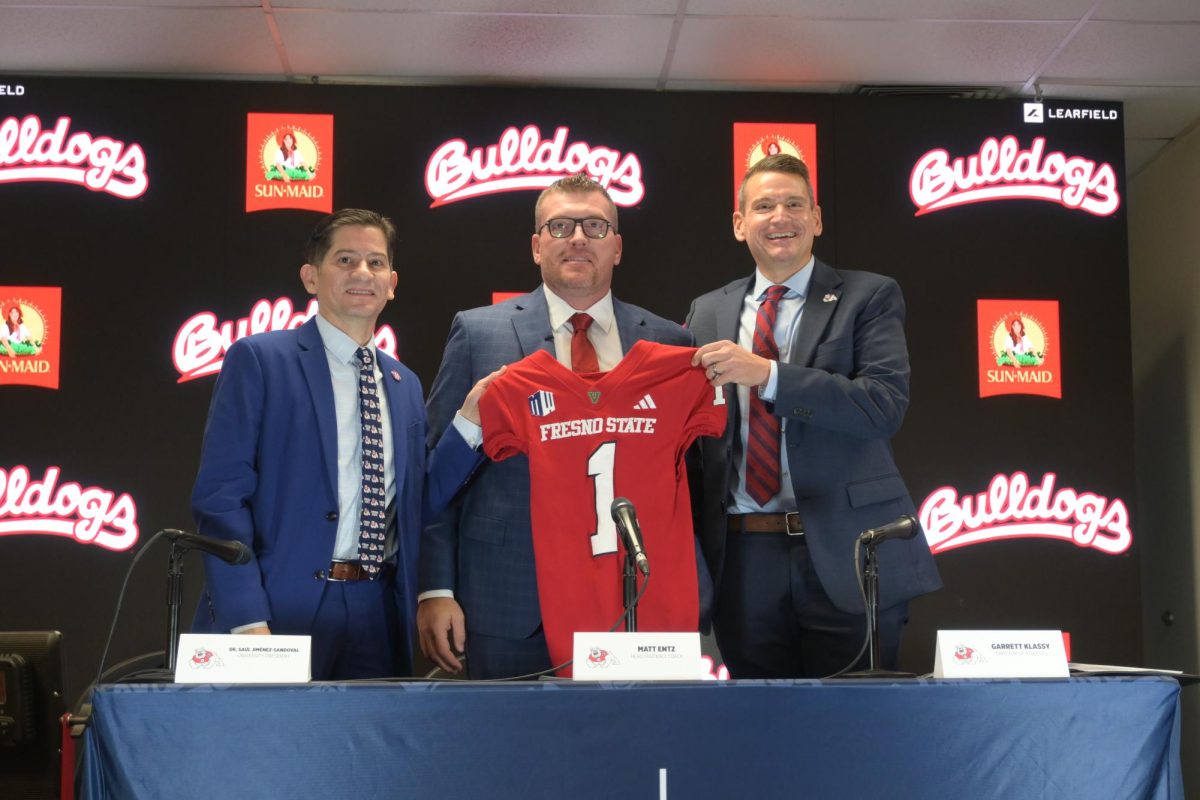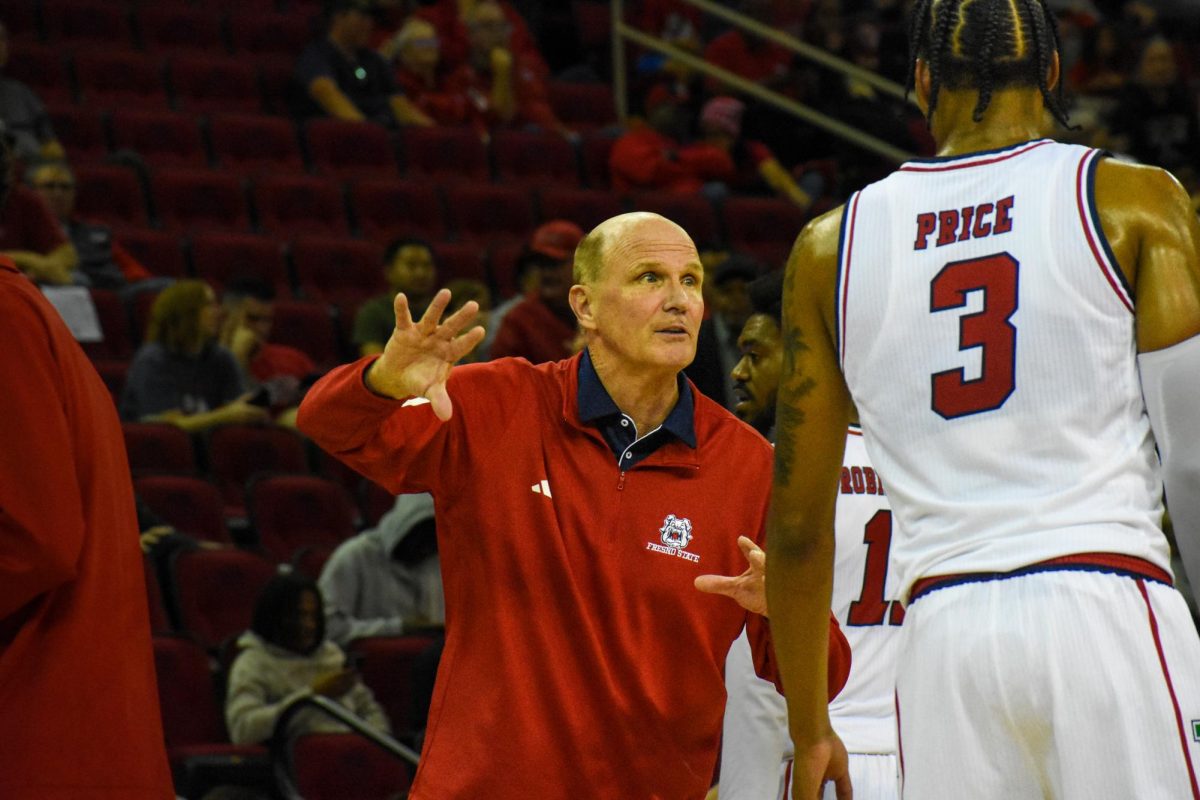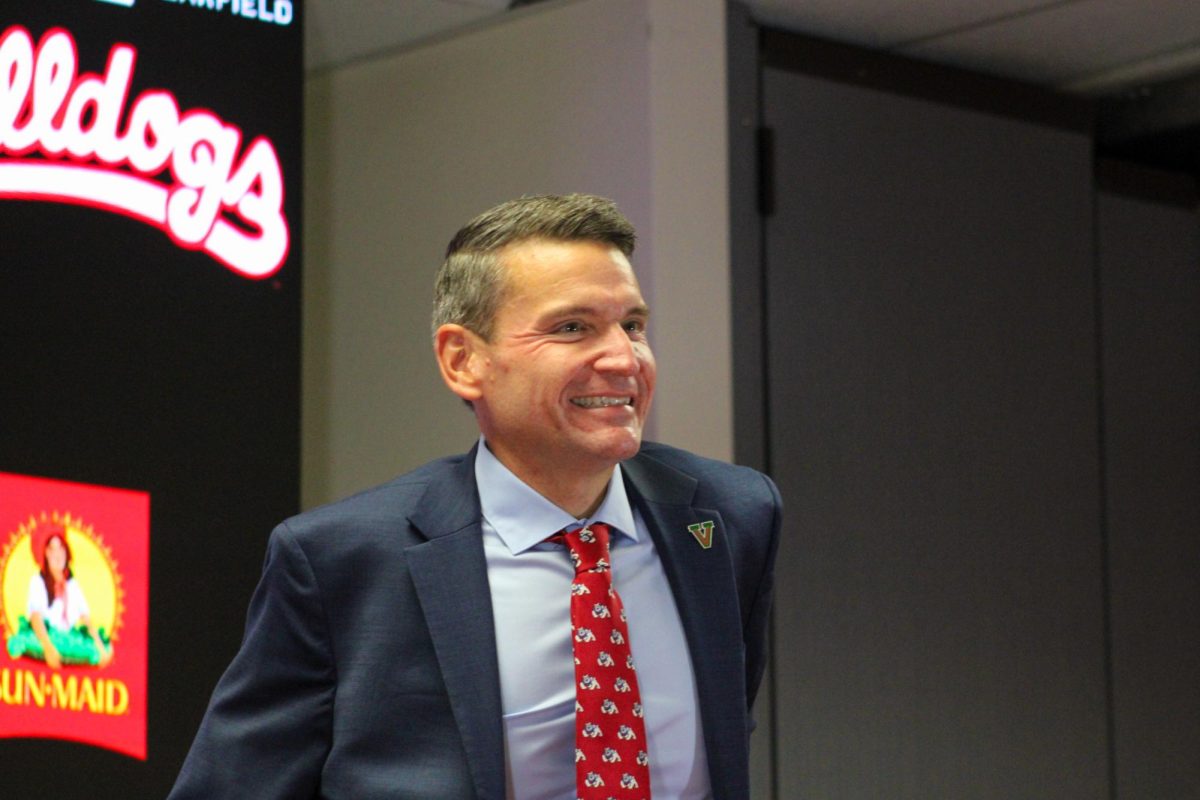Faculty and students at Fresno State can once again take state-funded trips to all 50 states.
On Thursday, Sept. 14, California Gov. Gavin Newsom signed SB 447, repealing the state-funded travel ban to twenty-six other states set forth by SB 1887.
Newsom signed the BRIDGE project, which stands for the “building and reinforcing inclusive, diverse, gender-supportive equity project.” The project replaces the travel ban with marketing and advertising campaigns to promote social equity, civil rights and anti-discrimination efforts in those states in place of the travel ban.
SB 1887 was voted into effect in September 2016, which put in place a ban on state-funded travel to states that enacted anti-LGBTQ+ laws as a way to fight back against policies that were deemed discriminatory to the LQBTQ+ community by California state legislators.
Initially, the ban was only placed on travel to four states: North Carolina, Kansas, Tennessee and Mississippi.
The number eventually grew to 26 states by June of this year after more states enacted laws that met the criteria to be placed on the travel ban list, becoming a larger problem for the state of California and its institutions.
Sen. Toni Atkins sponsored SB 447. In a press release published on Sept. 12, Atkins explained how the passing of SB 447 would help promote anti-discrimination and inclusivity policies nationwide.
Atkins has been a prominent voice when it comes to making anti-discrimination policies and would like to see them implemented in other states across the country.
“Now, with an unprecedented number of anti-LGBTQ+ bills having been introduced in state legislatures nationwide, SB 447 will help California further position itself as a national leader on inclusivity, and serve as a beacon of hope and support for those who have been isolated by state-sponsored discrimination elsewhere,’’ Atkins said. “The bill specifies that California employees or officers will not be required to travel to states that have enacted laws that would discriminate on the basis of sex, sexual orientation, gender identity or gender expression.”
Students and faculty were affected by the travel ban. Over the years, many have had to turn down opportunities to attend academic and professional conferences because of the location being in a banned state.
David Ledesma, a former Associated Students President at CSU Monterey Bay, expressed his feelings on the ban and its impact on the campus community in Monterey.
“It was abundantly clear that the ban placed a large burden on students, staff and faculty. Alongside those affected in sports, the opportunity for students to engage in research and leadership development conferences was definitely stifled by this ban,” Ledesma told The Collegian.
At Fresno State, the ban impacted Kathryn Fobear, the program coordinator for Women’s, Gender and Sexuality Studies.
In an interview last spring, Fobear said she could see both sides of the issue of the ban. On one end, it could be seen as a form of protest against non-supportive states but it could also be robbing students of new opportunities outside California.
“On one hand, I’m very supportive of it, it’s understandable and supportive of the CSUs for having this travel ban,” she said. “On the other hand, it also creates disadvantages for the scholars who want to participate who are LGBTQ+.”
Fobear further discussed the limitations it has created for queer scholars, feminist scholars, and critical race scholars within those states, in addition to creating a difficult “conundrum.”
The ban also affected Lisa Bryant, chair of the Political Science Department at Fresno State, who said she could not attend several big conferences in her field because they were in banned states.
Students are looking forward to being able to travel without restrictions.
Andrew De La Rosa, member of the Public Relations Students Society of America (PRSSA), is happy with the lifting of the ban.
“We are truly grateful that this will enable our PRSSA members to attend our prestigious national conferences, which are usually held in one of the previously banned states,” De La Rosa said. “This opens up exciting opportunities for our organization to thrive and connect with industrial leaders on a broader scale.”
Collegian reporter Aileen Guzman contributed to this story.




